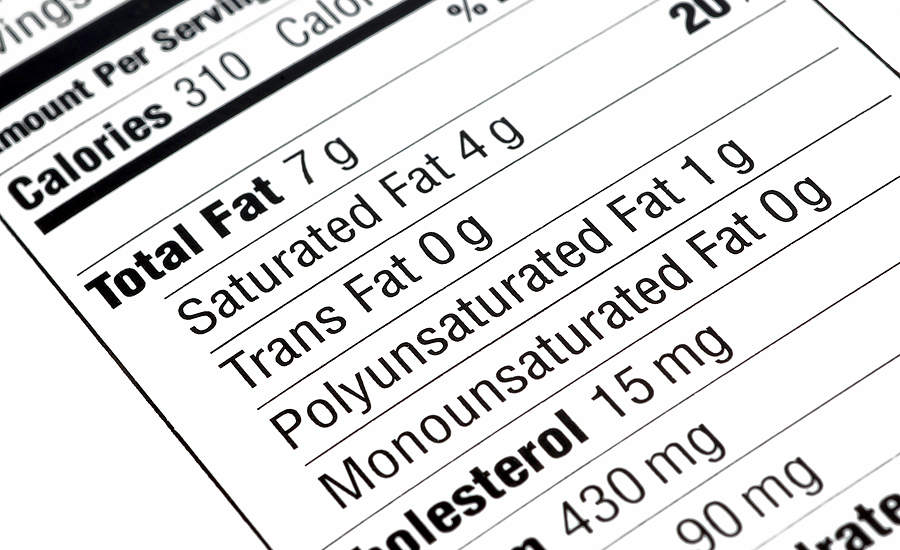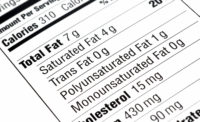The desire to pay more for healthier foods is growing stronger. That’s because up to 70% of consumers say they’re willing to pay a premium for food products in the natural, ethical, enhanced or “less of…” categories, according to “Consumer Health Claims 3.0: The Next Generation of Mindful Food Consumption,” a new survey from L.E.K. Consulting, Chicago. This represents an increase of at least 10 percentage points from just two years ago.
“Most consumers now say they look for foods that are all-natural and organic at least some of the time, but more important, they’re focusing on their own criteria for what’s healthier. Most commonly, they want no artificial ingredients and no preservatives,” says Manny Picciola, managing director and co-author of the report. “In short, there’s a growing desire among consumers to move past general claims of all-natural to more specifically understand the kind of food they’re buying.”
Further, nearly half of consumers (47%) say they read labels at least most of the time. Even more Millennials (53%) say they do it.
Among other survey findings:
- Most consumers (66%) say they try to eat healthy most or all of the time, and the vast majority (93%) say they feel compelled to eat healthy at least some of the time.
- Three out of four consumers say they’re committed to at least one health, wellness, ethical or environmental attribute among the foods they eat. Those attributes can run the gamut from no artificial ingredients, no preservatives and non-genetically modified organisms (GMO) to locally sourced, cage-free and low-salt.
- Age is not as much a determinant as one might think for a commitment to eating healthy. That’s because on average, 25% of adults in each generation (Millennials, Gen Xers and baby boomers) only buy or frequently buy foods with “fewer unhealthy ingredients.”
- “Clean labels” (no artificial ingredients or preservatives) and sustainability (fair trade, local sourcing and non-GMO) are the top attributes consumers expect in their food products.
“This year’s survey has provided us with three over-arching conclusions—consumers’ bar is rising as they want to know about the food and beverage products they buy, consumers are seeking an increasingly diverse array of benefits and consumers are willing to pay more than ever for food that delivers on its claims,” says Rob Wilson, managing director and co-author of the report.
“While a majority of consumers expect foods and beverages to deliver on a plethora of claims, they still delight in products that are indulgent and delicious, but now with quality ingredients supplanting processed and nutritionally empty ones. Brands that can successfully navigate this intersection are sure to find superior pricing and profits,” adds Maria Steingoltz, managing director and co-author of the report.
The study was based on a survey of 1,600 consumers.





